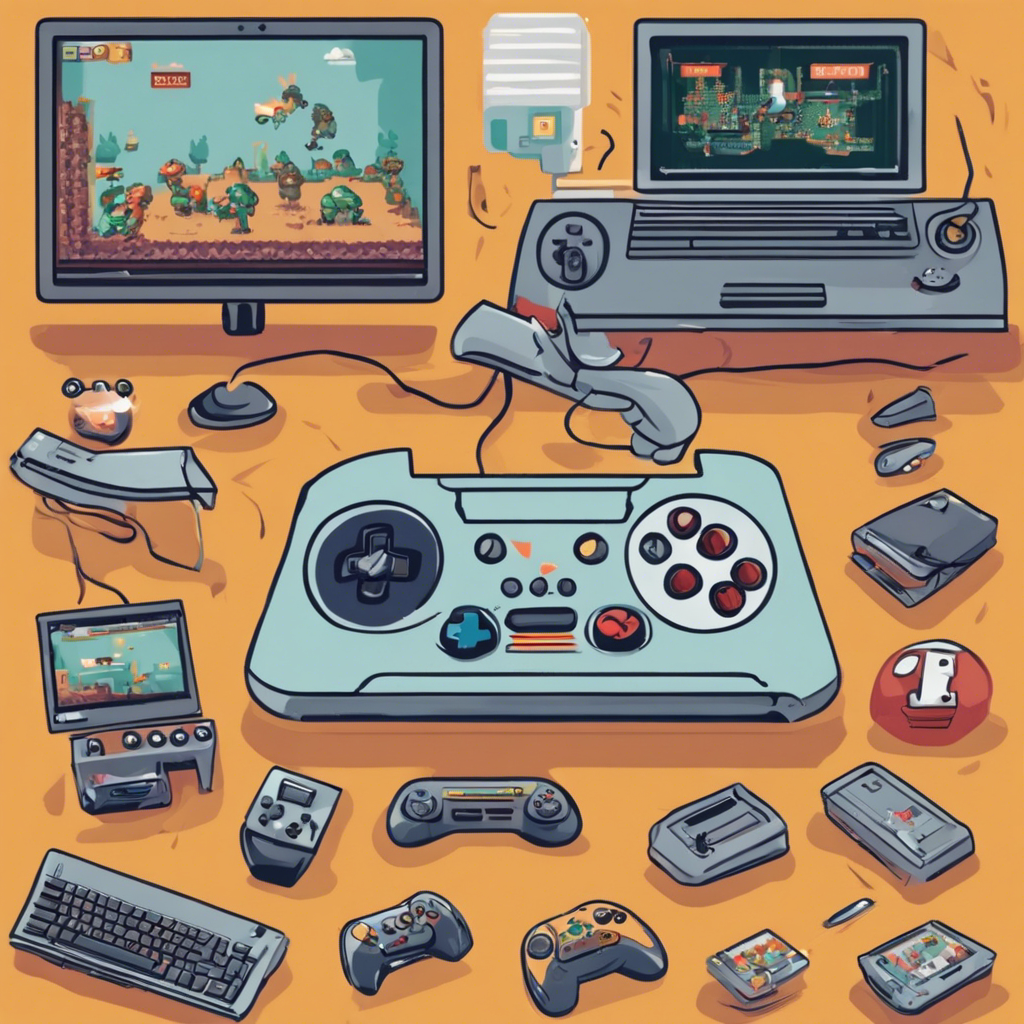A new report reveals the substantial value and diverse applications of video game technology in non-gaming sectors.
Video game technology has long been associated with entertainment and leisure, but a recent study conducted by FTI Consulting and UKIE has shed light on its significant impact on non-gaming industries. The report highlights that in 2021, the value of video game technology used by non-gaming sectors in the UK reached an impressive £1.3 billion. This “spillover” technology, which includes game engines, virtual reality (VR), and 3D rendering software, has proven to be a catalyst for innovation and growth across various sectors. From healthcare to energy extraction, businesses are harnessing the power of gaming resources to enhance their operations, improve product designs, and elevate consumer experiences.
The Value and Reach of Spillover Technology
The study reveals that the value of video game technology used by non-gaming industries is on par with established sectors such as timber and forestry, aluminum production, and cycling. This highlights the immense potential and economic significance of integrating gaming resources into diverse sectors. Furthermore, the adoption of video game technology has resulted in the creation of 9,900 positions within the UK, contributing to job growth and bolstering the economy.
Top Adopters and Applications
Among the top adopters of gaming resources are information technology, energy extraction, and business services. These industries have recognized the transformative power of video game technology and have leveraged it to enhance their operations, streamline processes, and improve productivity. For instance, game engines have been utilized in the healthcare sector to develop innovative patient care solutions. Although healthcare currently sees the smallest impact from video game tools, the report predicts that by 2025, it will be among the top three industries to apply VR to its resources. This projection underscores the potential for video game technology to revolutionize healthcare practices and improve patient outcomes.
Driving Technological Development
The CEO of UKIE, Dan Wood, emphasizes the pivotal role of video game technology in driving technological development across various sectors. From increasing innovation to improving product designs and enhancing consumer experiences, gaming resources have become a catalyst for progress. The report provides compelling evidence that the video games industry is a driver of significant value across the UK economy, dispelling any notion that its impact is limited to entertainment alone.
Conclusion:
The findings of the FTI Consulting and UKIE report highlight the immense value and diverse applications of video game technology in non-gaming industries. From boosting innovation and improving product designs to revolutionizing patient care and enhancing consumer experiences, gaming resources have proven to be a powerful tool for growth and progress. As industries continue to recognize the potential of video game technology, its integration into various sectors is expected to increase further, driving economic growth and transforming the way we work and interact. The report serves as a testament to the far-reaching impact of video game technology and its ability to shape the future of multiple industries.











